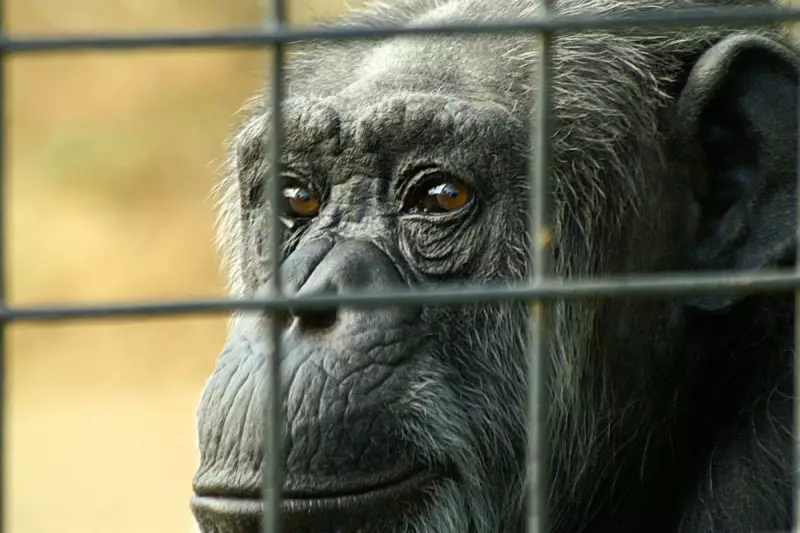
In a surprising twist that challenges our assumptions about human superiority, new research reveals that chimpanzees might actually be more rational decision-makers than humans when it comes to risk assessment.
A comprehensive study conducted by academic researchers has uncovered fascinating differences in how humans and our closest primate relatives approach choices involving potential gains and losses.
The Experimental Setup
Researchers designed a series of psychological tests where both human participants and chimpanzees faced identical decision-making scenarios. The experiments involved choosing between guaranteed rewards versus risky options that could yield either better or worse outcomes.
What emerged from the data was startling: while chimpanzees consistently made logical, risk-averse choices that maximised their benefits, humans demonstrated a surprising tendency toward irrational risk-taking.
Key Findings That Defy Expectations
The research revealed several crucial differences:
- Humans were significantly more likely to choose risky options even when the mathematical odds were against them
- Chimpanzees showed remarkable consistency in selecting the option that provided the most reliable outcome
- Human participants often made choices based on emotional factors rather than logical calculation
- Both species showed similar learning patterns, but humans persisted in suboptimal strategies
What This Means for Understanding Human Psychology
These findings challenge the long-held assumption that human cognitive superiority extends to all aspects of decision-making. The study suggests that certain human psychological traits, possibly developed through complex social evolution, might actually work against us in straightforward risk-reward scenarios.
Dr Sarah Essler, the study's lead author, commented: "Our research indicates that human decision-making is influenced by factors beyond pure logic. Emotions, past experiences, and cognitive biases appear to override the rational choice-making we observe in chimpanzees."
Broader Implications
This research has significant implications for understanding everything from financial decision-making to public policy design. If humans are naturally inclined toward irrational risk-taking in certain contexts, this knowledge could help develop better frameworks for everything from investment strategies to health education programs.
The study opens new avenues for exploring how evolutionary pressures have shaped different aspects of decision-making across species, and why human psychology might have developed these seemingly counterproductive tendencies.





